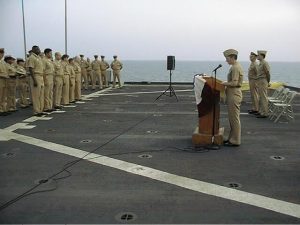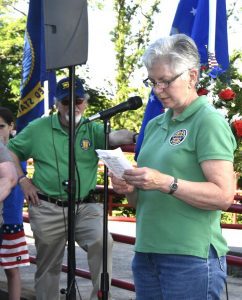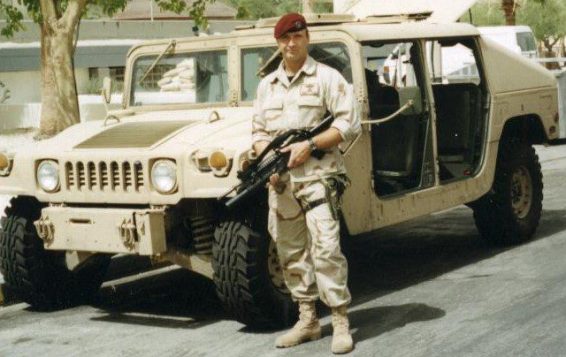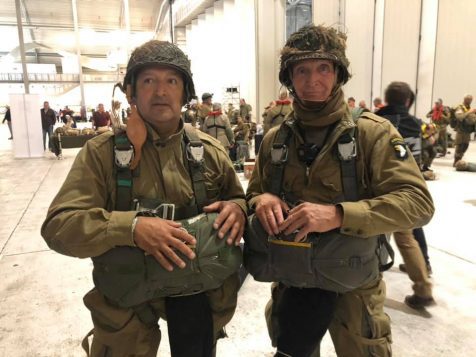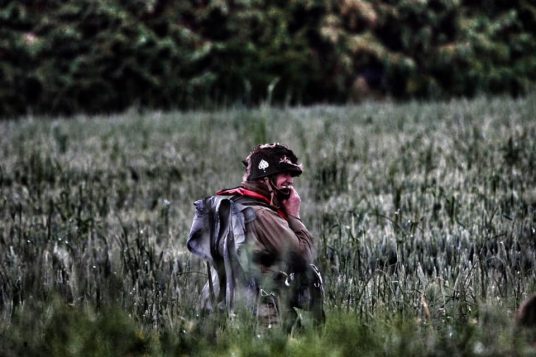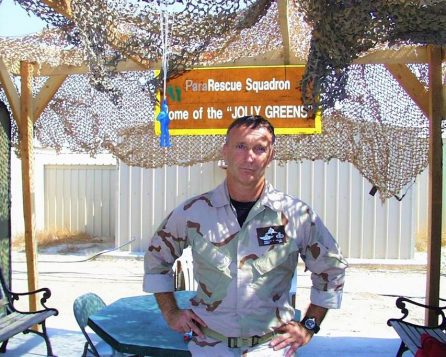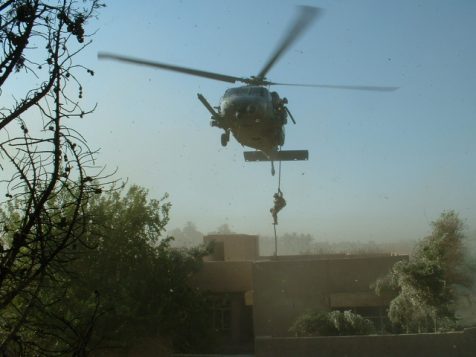By Rita J. Egan
One local veteran has come a long way since she left Afghanistan, and she credits the United States Department of Veterans Affairs, the local American Legion Post and her nursing career for her success.
U.S. Army veteran Trisha Northover spent her younger years traveling between her dad’s home in Kingston, Jamaica, and her mom’s in Greenlawn after her parents’ divorce. She said in her early 20s, a friend’s father, a firefighter, died on Sept. 11, and the effect that his passing had on her friend helped Northover find her passion.
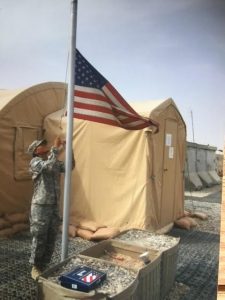
“I saw the impact that it had in her life,” the veteran said. “She became a totally different person after she lost her dad, and I wanted to do something.”
At 24, she joined the army. Interested in a medical career, Northover said she learned everything she needed to know about medicine in the military. Initially, she studied basic EMT skills and then nursing. After 18 months of training, she became a licensed practical nurse.
She spent nine years and nine months in the army, primarily stationed at West Point, where she had her son Tristan, now 16. Working at the academy’s hospital and clinic, she cared for the cadets.
Northover was deployed to Afghanistan for 10 months as a combat medic during Operation Enduring Freedom, and she said she witnessed back-to-back traumas during her deployment. For her service, she has received a Global War on Terrorism Service Medal, NATO Medal and Army Commendation Medal. For her unit’s service in Afghanistan, they received a Meritorious Unit Commendation award.
American Legion
When she returned to Greenlawn, Northover said she learned firsthand how helpful American Legion Post 1244 members are. Struggling with post-traumatic stress disorder, Northover said it took some time to find a full-time job.
“I didn’t have a lot of support financially,” the veteran said. “I was still figuring it out.”
Northover added post members brought her and her son Thanksgiving dinner the first year she returned from Afghanistan. She soon became a post member, and recently, the 42-year-old was named post commander.
Being involved in a post and talking to fellow veterans who have had similar experiences is vital, Northover said. She described it as “a camaraderie like no other.”
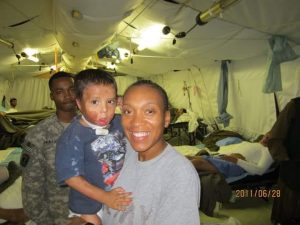
“We’re all being pulled in a million directions, but spending time in the company of the members of my posts, working for them, doing different things, it gives me a sense of purpose, and it honors my service if that makes sense,” she said. “It gives me an outlet for my service because a lot of times when you come back, you feel like you’re not a part of a team anymore, and being in the American Legion absolutely gives me the feeling of being a member of a team and working toward a mission.”
With her membership in the American Legion post and her job as a licensed practical nurse at the Long Island State Veterans Home at Stony Brook University, Northover has the opportunity to meet older vets. She said she always does her best to take photos and converse with them. She always thanks them for their service, especially World War II vets.
“These men are living history,” she said. “We study the war in the history books, and so much in the world literally changed because of that war, and to be with the men who were fighting — they’re leaving us. They’re not going to be here forever.”
While she still experiences tremendous anxiety, which made working at other jobs difficult at times, she said the veterans home has been a supportive place to work as they understand her PTSD.
Getting help
In addition to being able to talk with fellow vets at the American Legion and at her job, Northover credits Veterans Affairs for helping her manage her disorder with different types of therapy, from talk therapy to acupuncture. The disorder, she said, is a result of her time in Afghanistan.
“It was something that I’ve had to really work on to be able to not only talk about, but to not feel a certain way when I even talk about it,” Northover said.
She added the post-traumatic growth she has gone through has made her more resilient. “I know that I survived that so there’s not much that I can’t overcome,” the vet said.
Northover said the VA has realized traditional treatments aren’t for everybody, and patients can receive treatment outside of the VA hospital, including equine therapy and working with service animals.
“I don’t think a lot of people realize that they can change the quality of their life,” she said. “We can’t necessarily not have PTSD or not have insomnia or the trauma, but you can get to a point in your life where you can live a life that’s still full and purposeful if you really just accept the help that is offered.”
Validation
At the end of July, Northover was among fellow women veterans recognized at the Suffolk County Legislature’s General Meeting in Hauppauge. She said she was honored and humbled.
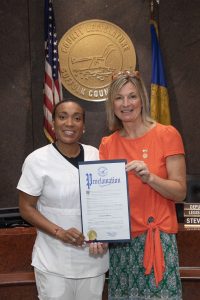
“These women have done so many wonderful things not only in their personal and military lives but for their community, so it was really great to be honored,” she said.
Northover discovered she was chosen when a member of Suffolk County Legislator Stephanie Bontempi’s (R-Centerport) staff emailed her. Northover was nominated by Mary Flatley, a fellow American Legion Post 1244 member and a former recipient of the same county honor.
Flatley described Northover as a fantastic person with many great ideas for the post. “She’s a very grounded person and selfless,” she said. “I’m happy she’s our commander.”
She added, “I think Trisha is going to prove herself as an outstanding leader.”
In a statement, Leg. Bontempi said, “When I learned about Trisha’s accomplishments as a soldier and her dedication to helping her fellow veterans, I knew she had to be this year’s honoree. Trisha served our country with distinction, and to this day she is making a difference in many lives.”
Northover said it’s an honor when people thank her for her service, and the recognition from the county made her feel that her service was validated even further.
“I had to reconcile a lot of things, and if it was worth it, within my own self, to go through what I went through in terms of the war,” the veteran said. “Having moments like this have really reinforced to me that people are really grateful and thankful that I did what I did because I fought for freedom and America.”

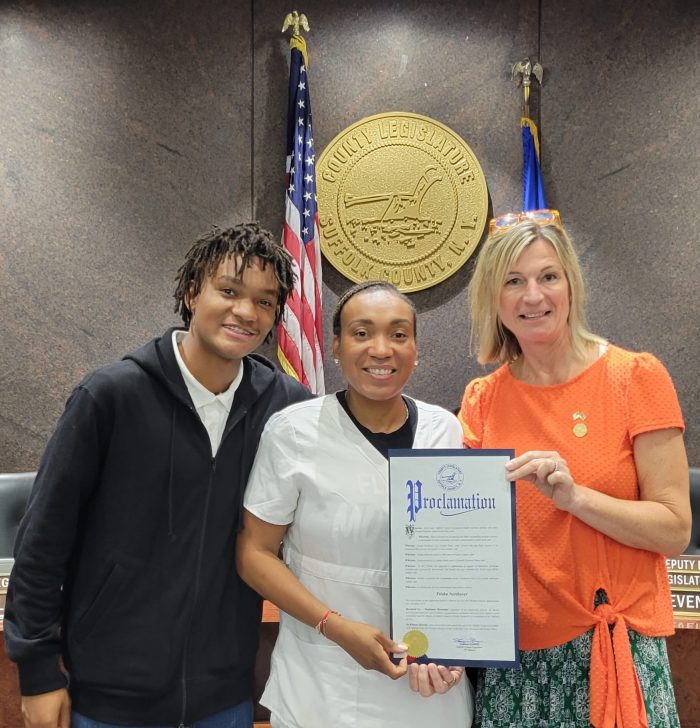
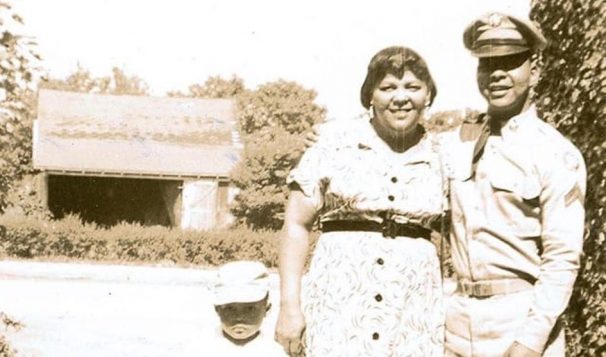
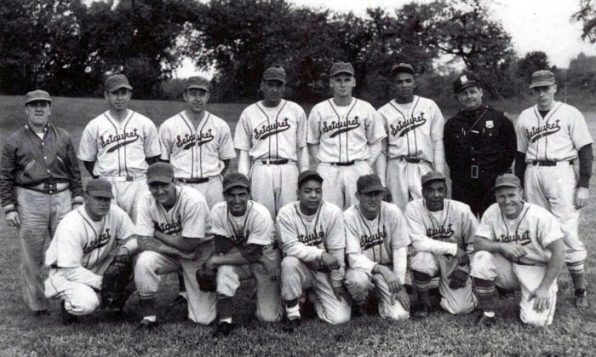
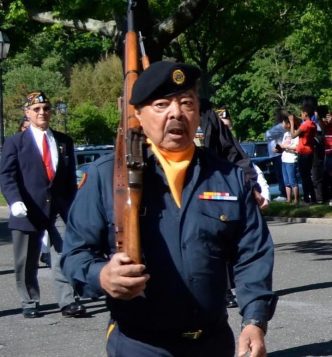
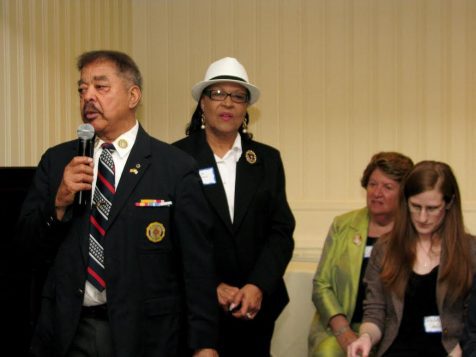
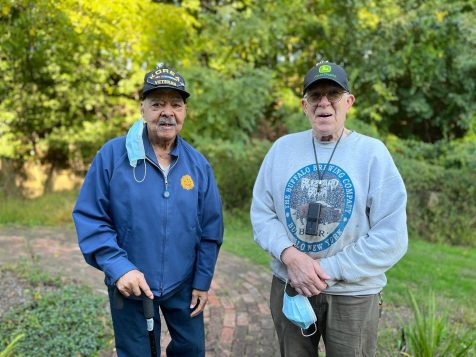
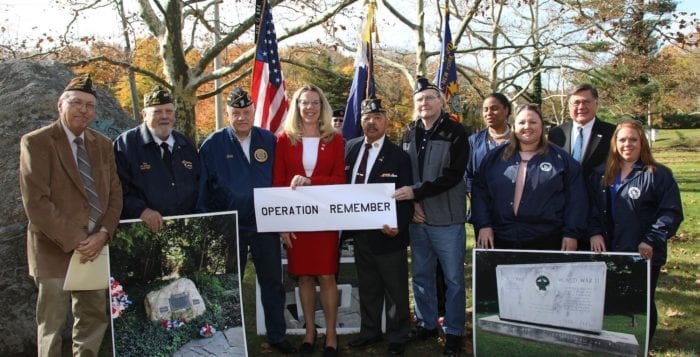
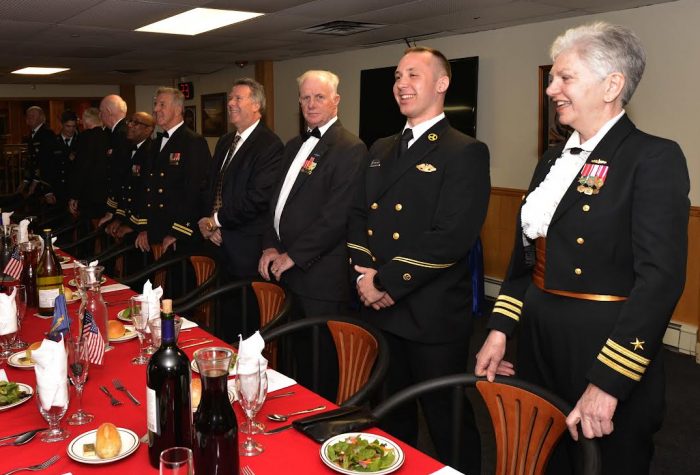
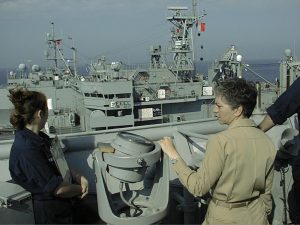
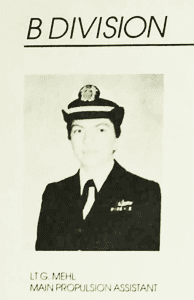 A graduate of SUNY Binghamton, Mehl, who grew up on a chicken farm, had a desire to get a job that makes a difference and to see the world. Her sister Jane and her college roommate had also joined the military, so she already had examples of women who had gone into the service.
A graduate of SUNY Binghamton, Mehl, who grew up on a chicken farm, had a desire to get a job that makes a difference and to see the world. Her sister Jane and her college roommate had also joined the military, so she already had examples of women who had gone into the service.